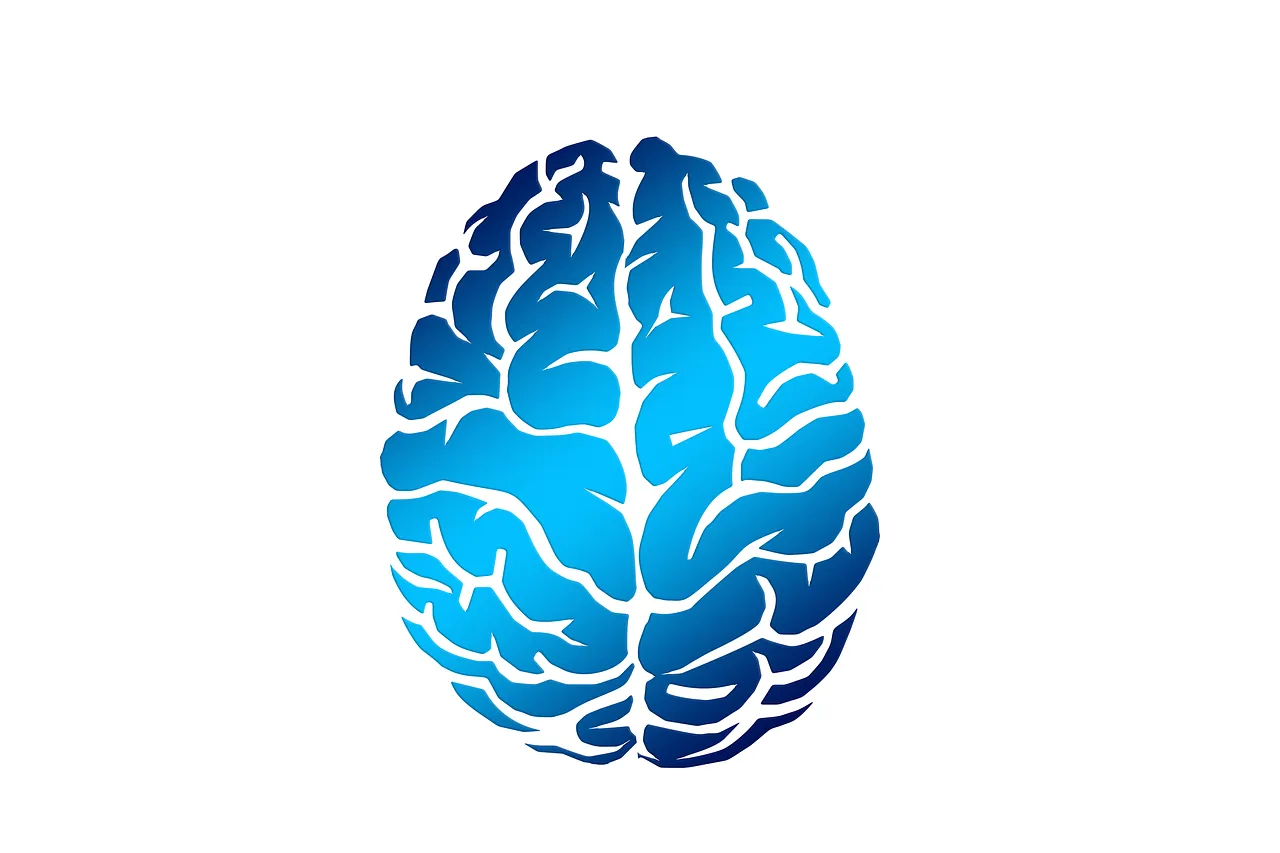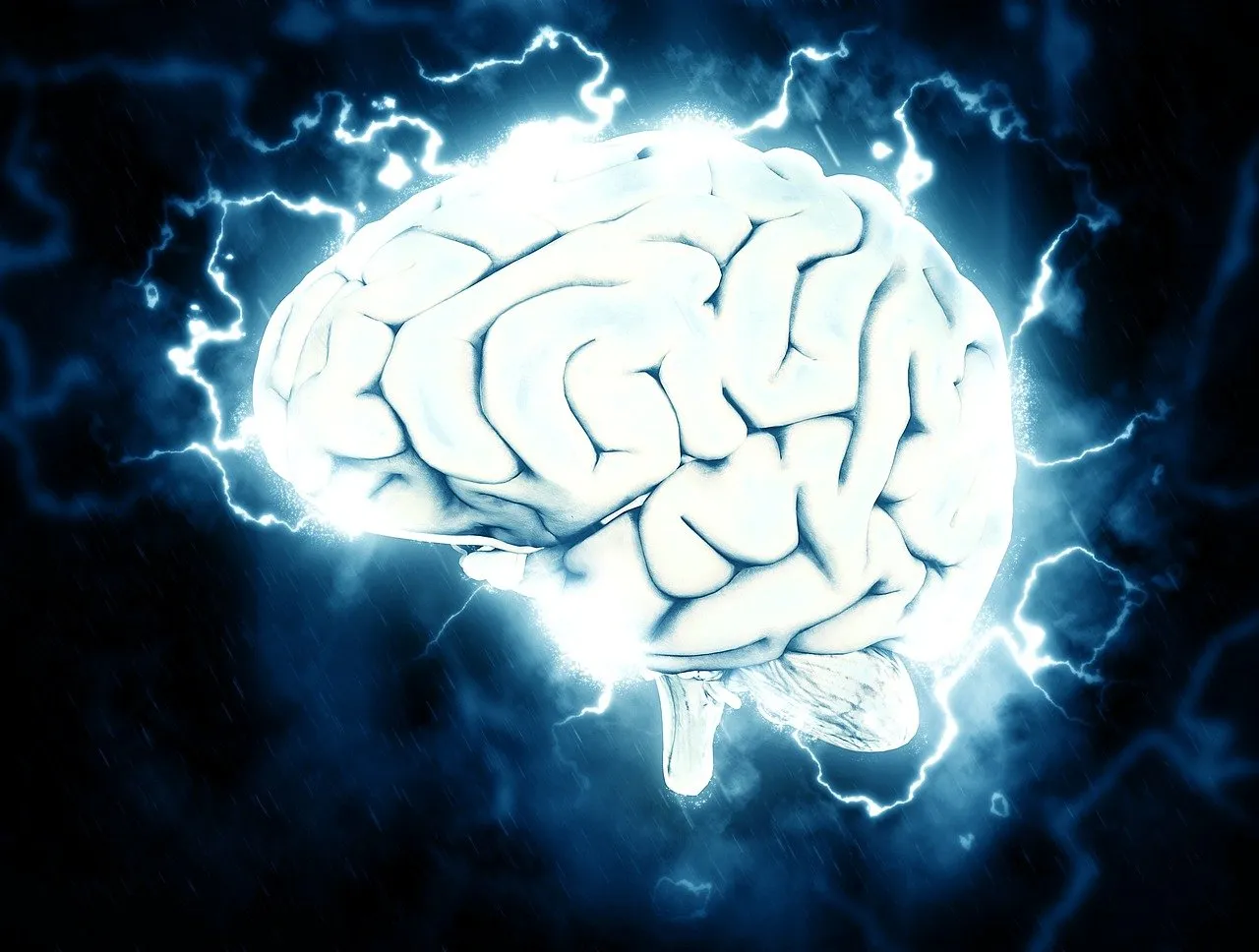
Neurodegeneration. The Death of Our Brain Cells.
From our experience of the moment to our ability to remember the past or conceptualize the future, our entire lives arise from the harmonious activity of hundreds of billions of cells. This coordinated effort creates a seamless and unquestionable reality when it is working; so much so that we often take it for granted. Only when things are not working as intended to we consider to look under the hood (much like how we treat our cars or computers). But our brains are more than simple machines that need some oil here or some tweaking there, and there is surely a limit to our ability to tinker around ourselves. Our brains have been sculpted by literal billions of years of evolution, and will only continue to grow more adapted as our species continues.
Cell death, much like car engine problems or computer circuit damage, reflects things about the person affected; underlying neurodegeneration, we might find years of environmental ware, we might find deleterious behavior, and we might find genetic pre-dispositions. Pulling apart these contributing factors of degeneration through scientific study, neuroscientists have managed to learn much about what makes a brain happy and healthy, as well as what sorts of things can go wrong.
Neurodegeneration is often only thought of in the context of elderly people with a disease like Alzheimer's, Parkinson's, or Huntington's. While these cases are very serious and wide spread examples of neural death, they are far from the only causes. Excitotoxicity is a pathophysiology that causes cell death from over-stimulation. It is the mechanism by which cells die in the neurodegenerative diseases mentioned, as well as in stroke, TBI (traumatic brain injury), alcohol or benzodiazepine withdrawal, hypoglycemia (a future article to look out for), and even hearing loss. Excitotoxicity is responsible for an enormous portion of cell deaths and further loss of human life.

What is Excitoxicity?
Our neurons process information and derive meaning by sending electrical and chemical signals. These messages are the mechanism by which each cell can communicate and allow for the cohesion of data which we might call our mental state. Our neurons are subject to the laws of physics just like us, and depend on successful employment of physiological and chemical processes in order to complete their tasks. When failures or imbalances occur (and there are plethora of ways they might), cells can be put at risk for necrotic (caused by disease or injury) or apoptotic (self-programmed) death. Over-stimulation is one such imbalance that can cause catastrophic destruction in our neurons. So, what does it mean for a neuron to be over-"stimulated?"
When our neurons send chemical and electrical signals, one could say they are being "stimulated" or de-"stimulated." Positive inputs from synapses using glutamate (the main excitatory neurotransmitter in the human CNS) cause sodium and calcium ions to flood into the downstream cell, and increasing the positive charge intracellularly. This causes the cell to approach the threshold voltage, and makes it more likely to fire an action potential. Negative inputs from synapses using GABA (the main inhibitory neurotransmitter) cause the opposite effect, and reduce the downstream cell's chance of firing. If a cell receives too many positive inputs, excess calcium and sodium bombard the cell and causes a series of signal cascades. this process degrades the structural scaffolding (cytoskeleton), protective cell membrane, and the DNA of the cell. This in turn causes the cell to burst, releasing its contents into the extracellular space, and potentially putting the adjacent cells at risk of seeing the same fate. In serious seizures, the uncontrolled synchronous firing of cells causes a domino effect of spiraling cell death.

To protect from excitotoxicity, our brains have any neuro-protective mechanisms which it utilizes to regulate the balance of ions in each cell. Glial cells clear glutamate from synapses to ensure that they do not activate an reactivate the AMPA and NMDA receptors which allow for the passage of these ions. Inhibitory inputs dampen the excitation and limit excess firing. When these systems fail us, there are serious consequences. Our brains preform this miraculous task of balancing stimuli every moment to ensure that we can function, learn, grow, and endure the formidable forces of nature.
In a the lab that I previously did research at we investigated molecular correlates in an excitotoxicity model of stroke in C. elegans. Today, I work in a neuro-genetics lab studying neurodegenerative diseases in Drosophila. I encourage readers to ask questions, raise points, and join the discussion.
Thanks for reading. Feedback is always appreciated!

Recent Articles:
- Manipulating Memories: Instantly Eliminate a Fear
- GMOs: Addressing Environmental and Health Concerns
- Neural Plasticity: Shaping How We View Ourselves
- PTSD: The Psychology and Neurology of Trauma and Psychedelic Treatments
- Attending to the Moment: The Difference Between Knowing and Understanding
References:
- Ankarcrona Maria; et al. (October 1995). "Glutamate-induced neuronal death: A succession of necrosis or apoptosis depending on mitochondrial function". Neuron. 15 (4): 961–973.
- Rothstein, Jeffrey D., et al. "Knockout of glutamate transporters reveals a major role for astroglial transport in excitotoxicity and clearance of glutamate." Neuron 16.3 (1996): 675-686.
- Pitt, David, Peter Werner, and Cedric S. Raine. "Glutamate excitotoxicity in a model of multiple sclerosis." Nature medicine 6.1 (2000): 67.
- Doble, Adam. "The role of excitotoxicity in neurodegenerative disease: implications for therapy." Pharmacology & therapeutics 81.3 (1999): 163-221.
Images: